



For nearly two decades, Panish | Shea | Boyle | Ravipudi LLP has produced landmark verdicts, settlements, and reform for victims in all areas of litigation: personal injury, wrongful death, products liability, aviation, business, school district liability, sexual abuse, mass torts, corporate utility negligence, class actions, employment, and securities. Firm attorneys are appointed by the judiciary to serve as lead counsel in various mass torts and class actions where the stakes could not be higher. With over $5 billion in verdicts and settlements since 2010, the results beg the question: How does PSBR so consistently achieve record-breaking verdicts and settlements? What are the techniques and strategies underlying the firm’s consistent success?

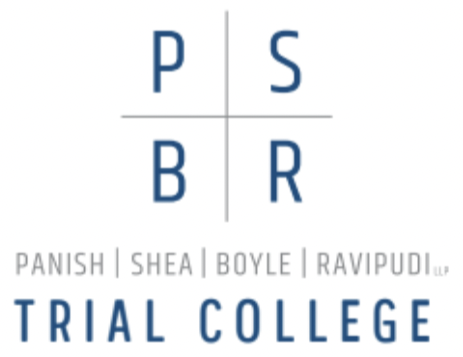
For nearly two decades, Panish | Shea | Boyle | Ravipudi LLP has produced landmark verdicts, settlements, and reform for victims in all areas of litigation: personal injury, wrongful death, products liability, aviation, business, school district liability, sexual abuse, mass torts, corporate utility negligence, class actions, employment, and securities. Firm attorneys are appointed by the judiciary to serve as lead counsel in various mass torts and class actions where the stakes could not be higher. With over $5 billion in verdicts and settlements since 2010, the results beg the question: How does PSBR so consistently achieve record-breaking verdicts and settlements? What are the techniques and strategies underlying the firm’s consistent success?
If you are trial ready, then you are positioned to maximize your client’s recovery through settlement or trial. This three-day intensive program will teach you the PSBR methods in strategically developing the evidence in your case to win at trial. You will have an inside view into PSBR’s techniques in the courtroom, including the power of persuasion in jury selection, straightforward communication of evidence, presentation of medical testimony, killer cross examination, and telling your client’s story to maximize the verdict, to name a few.
Brian Panish, Rahul Ravipudi, Spencer Lucas, Robert Glassman, and over a dozen PSBR trial lawyers will be joined by other nationally recognized trial lawyers from across the nation as they share the stage and their strategies for success. One of our goals is to get you working and practicing the skills you will learn at PSBR Trial College -- there will be more breakout sessions where you will have the opportunities to learn in a smaller group environment, be on your feet, and critiqued in the way only TLU allows. If you invest the time and effort into the PSBR Trial College, you will leave with more tools and honed skills to obtain full justice for your clients.





















































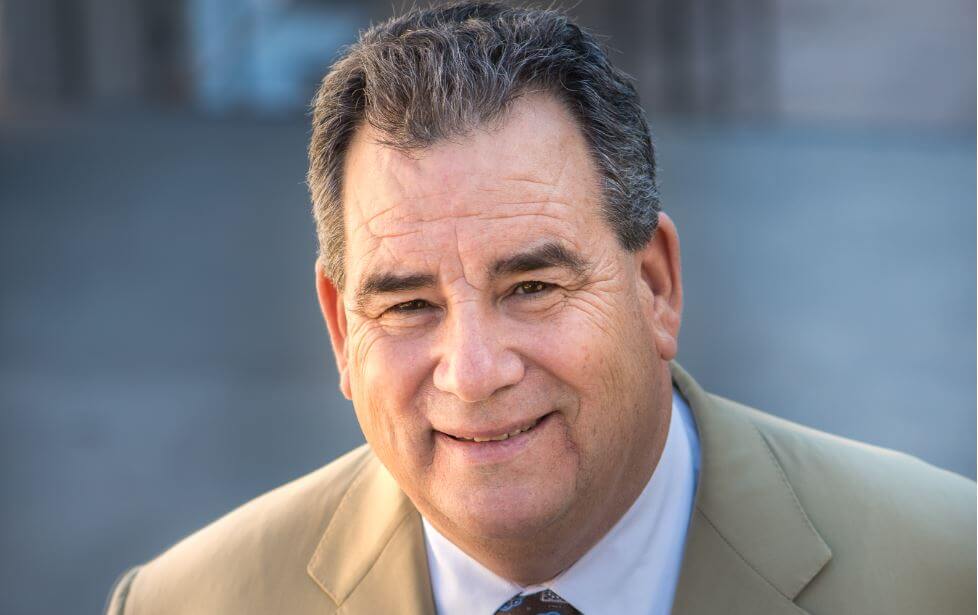
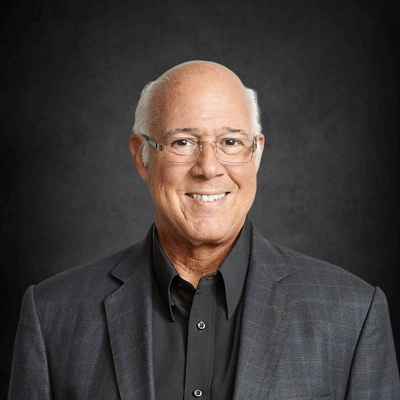

July 29th -
8:30a-12:00p
July 29th - 8:30a-12:00p
A good trial lawyer must evaluate the good, the bad, and the ugly facts of a case, but should not assume that what are often considered “problematic facts” (e.g., prior incidents, gaps in treatment, no visible property damage) have compromised the case or made it un-triable. Most of these facts are highly dependent on framing and perspective. PSBR partner Brian Panish and nationally recognized trial lawyer and author Keith Mitnik will explain how these facts are not case killers and will teach you how to identify and expose common defense strategies and false framing designed to confuse and mislead your jurors.
Many lawyers consider themselves wordsmiths, but it is easy to fall into old habits or get stuck on harmful word choices when talking about a case, both in and out of the courtroom. PSBR partner Brian Panish and nationally recognized trial lawyer and author Keith Mitnik will highlight the importance of using strong, accurate, and intentional language to frame powerful case themes and narratives. They will explain how to analyze word choices for trial, including selection of key words and phrases and how to test and master your key language before jury selection begins.

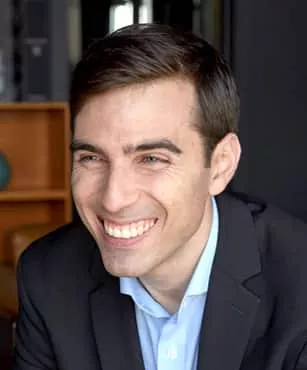

July 29th -
1:30p-2:30p
July 29th - 1:30p-2:30p
Noticing the deposition of the individual at the top of the corporate hierarchy will almost always provoke a dispute as corporations uniformly object to their occurrence and argue that it is an abusive discovery tactic. But these witnesses can be critical and game-changing, whether or not you are managing a high stakes bet-the-company litigation. PSBR partner Brian Panish and attorney Jesse Creed demonstrate how to defeat the Apex objection, how to bring high-level executives to trial for maximum impact, and cross-examination techniques for these high-level executives.
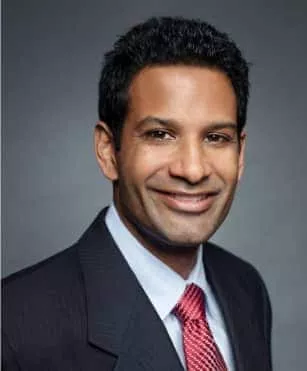
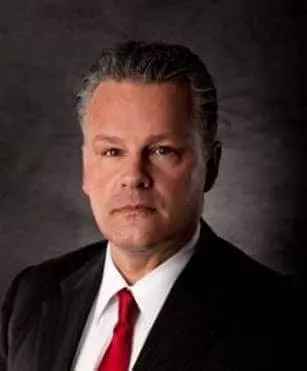
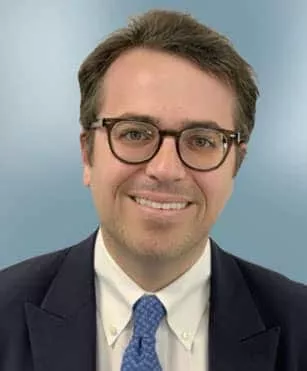

July 29th -
2:45p-3:45p
July 29th - 2:45p-3:45p
In February 2017, Craig Sherwood, a 37-year-old real estate agent from Toronto, was killed at SpeedVegas when the 2015 Lamborghini Aventador he was driving struck a barrier, causing the fuel tank to fail and starting a fire. PSBR partner Rahul Ravipudi and attorneys Paul Traina and Ian Samson represented Mr. Sherwood’s heirs in a jury trial against SpeedVegas in May 2022. Following a seven-day jury selection and two days of witness testimony, the case settled far in excess of pre-trial offers. Ravipudi, Traina, and Samson will illustrate their jury selection process through examples from the trial.
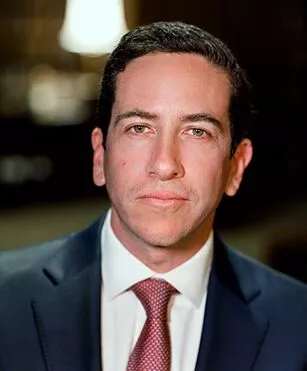
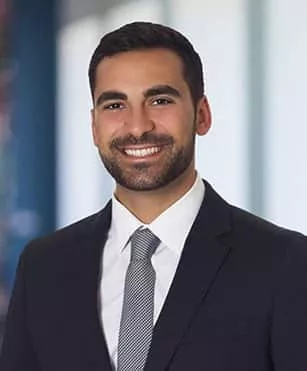

July 29th -
4:00p-5:00p
July 29th - 4:00p-5:00p
Opening statement is a critical opportunity in your trial. Setting the stage for what’s to come and allowing the jury to hear your case in chief before the defense gets a chance to speak is something plaintiffs’ lawyers must use to their advantage. PSBR partner Robert Glassman and attorney Jonathan Davidi will share their strategy and techniques for presenting a powerful opening statement.

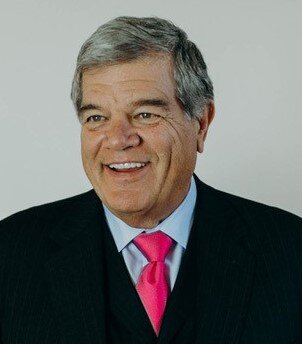
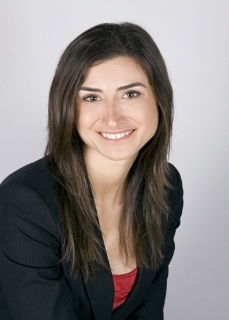

July 30th -
8:30a-12:00p
July 30th - 8:30a-12:00p
In today's litigation environment, most lawyers are not in trial enough to gain or maintain proficiency in necessary trial skills like cross examination, yet these skills are critical both at trial and during depositions. Renowned trial lawyer and trial skills instructor Roger Dodd and Super Lawyer "Rising Star" Tricia Kuendig will join PSBR partner Brian Panish for this program focused on using cross examination to elicit facts from opposing witnesses that build and support the plaintiff's theory of the case. Brian and Roger will demonstrate how to harness the power of leading questions to control adverse and "runaway" witnesses.
Hour 1: Cross examination is more than just attaching and destroying an opposing witness, the opposing narrative, and the opposing case. Now with Constructive Cross-Examination we use their witnesses to prove our narrative and to support our themes, and experts.
Hour 2: Oratorical devices including trilogies, loops, double loops (best applied to opposing experts), and the most prominent oratorical device, Spontaneous Loops separate trial lawyers on cross-examination.
Hour 3: All critiques, but especially, during this hour will explore alternate cross-examinations to the cross-examination preformed in the examples and clips. Different lawyers, male and female, conduct cross-examinations in their own style. It is never one size fits all.
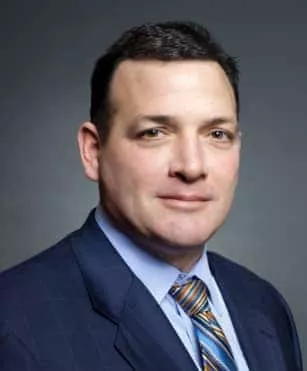
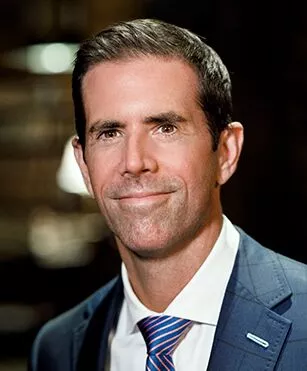
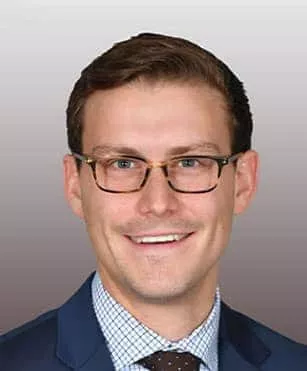

July 30th -
1:30p-2:30p
July 30th - 1:30p-2:30p
Complex Regional Pain Syndrome is an often-misunderstood medical condition frequently rendering its victims with debilitating lifelong pain. For attorneys and doctors alike, this disease presents unique challenges with respect to causation, diagnosis, treatment, and future care. PSBR partners Adam Shea and Spencer Lucas, along with attorney Nicholas Yoka, will share an in-depth breakdown of the key medical literature in the field of CRPS, focusing on spotting the CRPS case, appropriate diagnostic criteria, using treating doctors to the Plaintiff’s advantage, crossing defense CRPS experts, and proving the lifelong future care items at trial. A recent CRPS verdict obtained by the team will be highlighted with a focus on key elements that won the case.



July 30th - 2:45p-3:45p
July 30th - 2:45p-3:45p
Visual aids, animations, and other pieces of demonstrative evidence provide an opportunity to tell the plaintiff's story more simply and persuasively, anchoring key elements of your case theory in the minds of the jurors. PSBR partners Rahul Ravipudi and Robert Glassman show you how to avoid gimmicky and ineffective demonstratives and to instead create powerful tools that will focus your case's themes and issues, highlight key witness testimony, and ensure that the plaintiff's story lands with maximum impact. They will also address common pitfalls in admissibility of demonstrative evidence and how to avoid them.

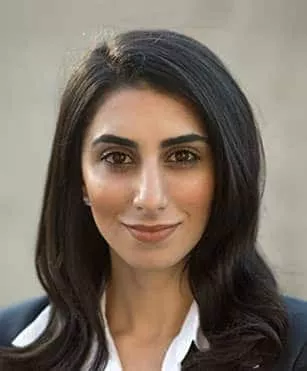

July 30th -
4:00p-5:00p
July 30th - 4:00p-5:00p
PSBR partner Adam Shea and attorney Nadine Khedry will demonstrate how to deliver an effective closing argument by integrating relevant law, trial testimony and a sincere, heartfelt narrative. They will discuss how to deal with damaging evidence and arguments, how to remain organized and stay on theme, how to use analogies and demonstrative evidence, and how to strike a powerful emotional tone.

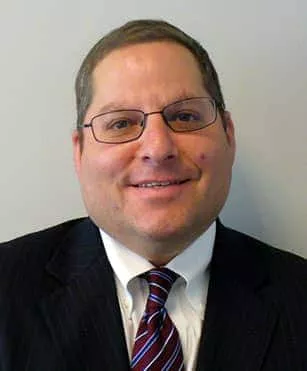
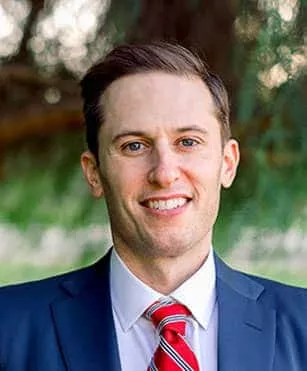

July 31th -
8:30a-9:30a
July 31th - 8:30a-9:30a
Defendants do not voluntarily concede issues, but only give in when they are left with no reasonable alternative. A winning trial strategy starts long before you answer ready. It starts in discovery and with obtaining consistent testimony and confessions from the key defense witnesses. With a skilled approach, those confessions lead to admissions which you can parlay into stipulations at trial. PSBR partner Spencer Lucas and attorney Tom Schultz will demonstrate how to get these critical confessions at deposition and how to back the defendant into a Hobson’s choice: a stipulation that your client is entitled to.




July 31th -
9:45a-10:45a
July 31th - 9:45a-10:45a
The defense industry has bastardized the role of expert witnesses, using them primarily to advocate for the defendant instead of offering objective opinions within their area of expertise. While we may be inclined to roll our eyes at some of the ridiculous things these defense “experts” say, we cannot lose sight of the fact that most members of a jury do not live our daily experiences and may view these defense experts - with their improper opinions - as credible. It is our responsibility to expose the inadmissibility of these opinions and keep them out of the courtroom before trial starts. What stays out of evidence can often be just as important as what comes in. PSBR partner Adam Shea and attorney Tom Schultz will walk you through how to accomplish these exclusions with various experts.
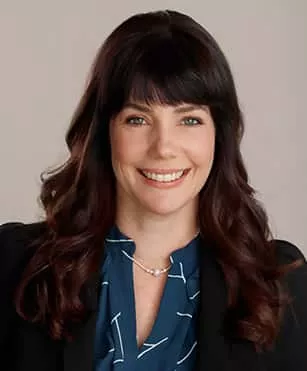



July 31th -
11:00a-12:00p
July 31th - 11:00a-12:00p
Comparative fault is the elephant in the room that no one wants to talk about. The reality is, like all aspects of trial, framing allows us to weaponize the defense arguments against them and polarize the case. Over the years, PSBR has honed the most effective ways to minimize or eliminate comparative fault arguments. These tried and true methods have led to jury verdicts with no comparative fault where many expected a different outcome. PSBR attorneys Paul Traina, Ian Samson, and Rachel Gezerseh will share many of the different methods of case framing that can be used regularly, including back chaining, single point of failure, avoiding the blender, and more. They will use real world trial examples where these methods were successfully applied.


Breakout Group - July 28th 8:30a
Breakout Group - July 28th 8:30a
Oscar Wilde famously said: “Be yourself; everyone else is already taken.” The purpose of this workshop is to help each participant head down the path to becoming their best version of themselves on cross-examination. Commitment to techniques that have made the best trial lawyers who they are, plus embracing your best trial you, is unstoppable. After trying cases of all sorts for 16 years in multiple states, federal court and in Courts Martial, Patricia Kuendig is an original faculty member at the Dodd Trial Skills Clinic. Having seen hundreds of lawyers perform in court and in the Clinic, Patricia knows that any lawyer can be a great cross-examiner if they have the techniques and tailor their cross-examinations to their strengths, and the strengths of their cases. Let her help you get there!
Some areas that will be covered are:
This is a hands-on, interactive, workshop. Each participant will cross examine improvisational actors (male and female), and receive feedback from Patricia in real-time. This is not a lecture. This is not lawyers playing witnesses. Advanced preparation is required:
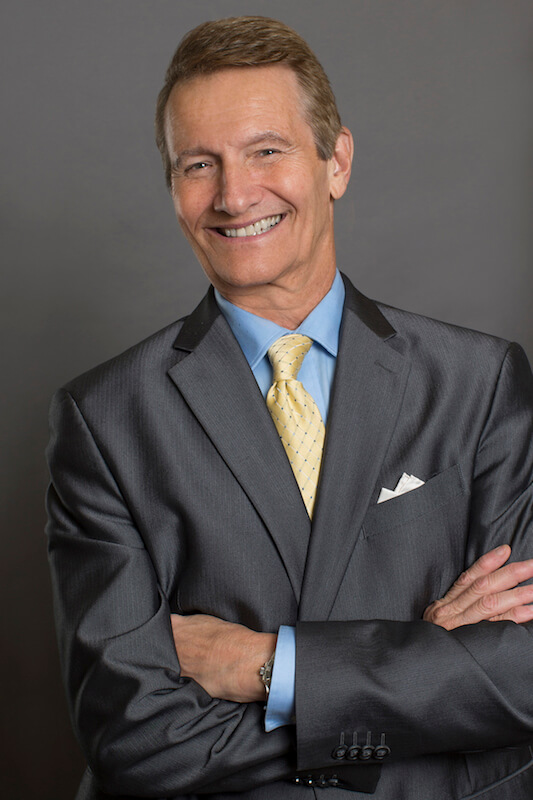

Breakout Group - July 28th 8:30a
Breakout Group - July 28th 8:30a
Along with both a detailed and simplified voir dire topic outline, participants will learn how to create ways to respond to the juror’s concerns about your case. Those concerns must be addressed not only to create the foundation for necessary challenges but also to take away the sting inflicted if the defense is allowed to talk about what “plaintiff’s counsel failed to mention.” If we truly believe “poisoning the well” through a discussion of CONCEPTS does not exist, we are freed up to respectfully salute those with ideas different from the ones you will promote throughout the trial.
The sticking points that exist throughout your case:
Genuine appreciation for a juror doing exactly what the juror was asked to do (i.e., give brutal honesty when their true beliefs conflict with your “case truths”). A “judgment free zone” will exist so that everyone is free to provide positive feedback providing lasting skills for future cases. Within the presentation skills for voir dire we will touch upon the “Ambrose 8" on connections with “appropriate”:
This “Cause is King” approach does not mean you can’t bond with a juror. It does not mean that you don’t explore juror’s beliefs, values, principles and “expectations” on a variety of your secondary themes of the case. Honing your core case values which promotes a plaintiff’s verdict is an important exercise for every stage of trial. The jurors words, phrases and concepts will be liberally used by you during opening statement, examination and closing. This breakout group will create those case frames and then apply them in voir dire and discuss how to continue them through the verdict.


Breakout Group - July 28th 8:30a
Breakout Group - July 28th 8:30a
Participants will focus on those first five minutes of voir dire when you first stand up. Jurors are deciding; do they like you, do they trust you, do you care about them, do you care about your client, are you worth following, are you prepared, etc. This session will get you to “YES” on all those questions. We will cover:
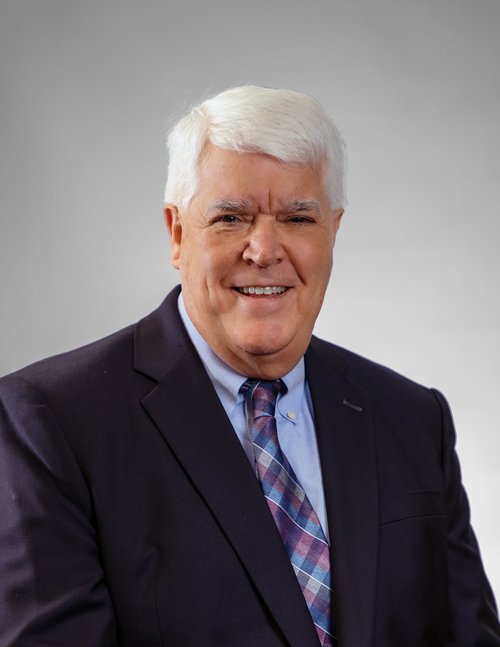

Breakout Group - July 28th 8:30a
Breakout Group - July 28th 8:30a
This is a deep-dive into proving and arguing physical pain, physical suffering, mental pain, mental anguish and loss of enjoyment of life in personal injury cases... as well as focusing on damages in wrongful death cases – learning the essential need to have medical witnesses “teach” fundamental concepts of pain to jurors (including defining pain, defining suffering, differentiating between pain and suffering, and explaining how pain happens and how it works) – we will focus on how to create and develop the winning visual plan for your trial through the development of persuasive demonstrative aids. We will assess and evaluate numerous testimony clips from depositions and trials dealing with these damages issues. We will spotlight proving and arguing damages of values to jurors through proof points on pain – we will share with the group unique and innovative motions dealing specifically with “juries” including plaintiff’s motion to expand the size of venire panel; plaintiff’s motion to eliminate or minimize any voir dire time limits by the court; plaintiff’s motion to allow discussion of specific damages amounts and voir dire. Participants will articulate/argue/explain their clients pain, suffering and how the jury should place a dollar value on it.
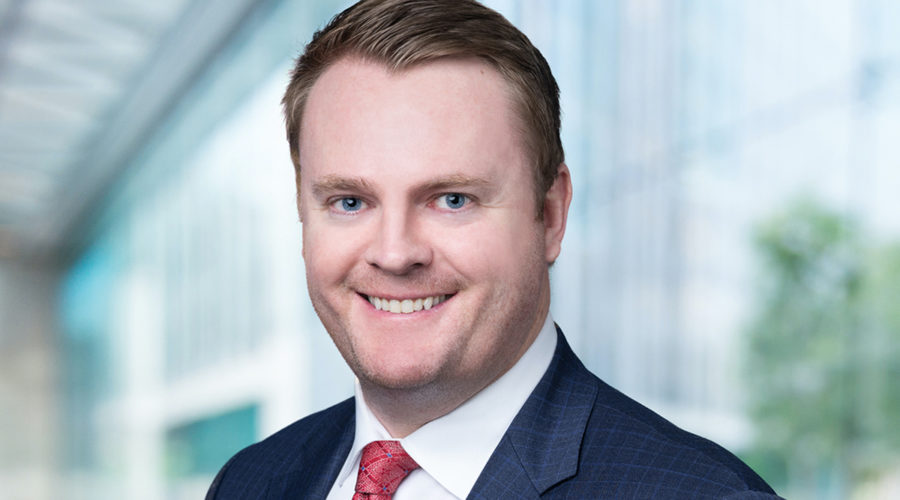
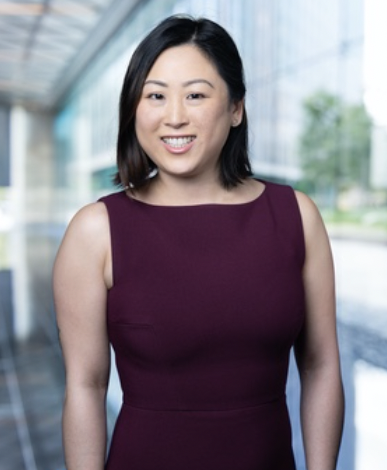

Breakout Group - July 28th 1:30p
Breakout Group - July 28th 1:30p
Opening statement is the most important phase of trial. It is not only where we first frame the story for the jury but where we can completely dismantle every potential defense before opposing counsel even opens his or her mouth. From employment cases to premises liability, this workshop we will help you put together an opening structure for your particular case that you can apply to 90% of your trials. Here are some concepts we will apply:
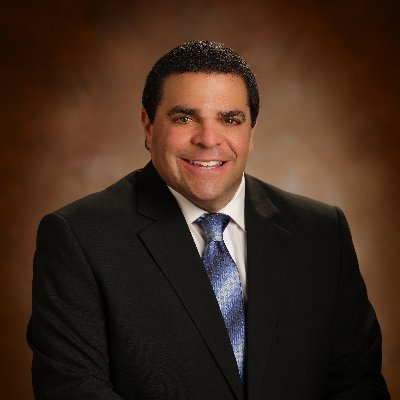

Breakout Group - July 28th 1:30p
Breakout Group - July 28th 1:30p
Darryl Isaacs will walk you through Advertising and Branding he used to Compete With the 800 Pound Gorilla. This has enabled him to grow a law practice that has done over 2 Billion dollars in gross revenue from scratch. Attorneys have to be prepared to interact and learn how to present on the following:
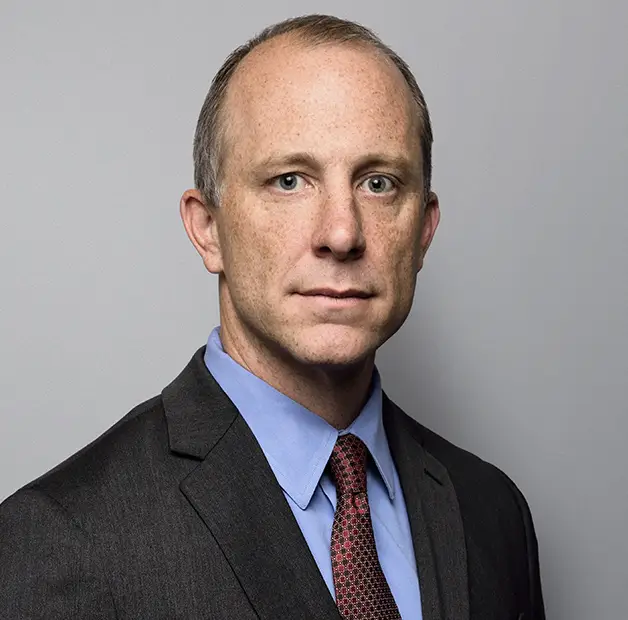


Breakout Group - July 28th 1:30p
Breakout Group - July 28th 1:30p
The Parris Law Firm’s “bad faith” attorneys discuss what an “open policy” is and strategies for collecting millions over policy limits. Learn how the Parris Law Firm has recovered in excess of $150 million for its clients on less than $2.5 million in total policy limits. Engage in an interactive question and answer session with California’s top “bad faith” attorneys and get hands-on advice for handling your current cases.


Breakout Group - July 28th 1:30p
Breakout Group - July 28th 1:30p
Oscar Wilde famously said: “Be yourself; everyone else is already taken.” The purpose of this workshop is to help each participant head down the path to becoming their best version of themselves on cross-examination. Commitment to techniques that have made the best trial lawyers who they are, plus embracing your best trial you, is unstoppable. After trying cases of all sorts for 16 years in multiple states, federal court and in Courts Martial, Patricia Kuendig is an original faculty member at the Dodd Trial Skills Clinic. Having seen hundreds of lawyers perform in court and in the Clinic, Patricia knows that any lawyer can be a great cross-examiner if they have the techniques and tailor their cross-examinations to their strengths, and the strengths of their cases. Let her help you get there!
Some areas that will be covered are:
This is a hands-on, interactive, workshop. Each participant will cross examine improvisational actors (male and female), and receive feedback from Patricia in real-time. This is not a lecture. This is not lawyers playing witnesses. Advanced preparation is required:



Breakout Group - July 29th 8:30a
Breakout Group - July 29th 8:30a
This session will be an interactive experience where you will choose from a selection of medical demonstrative evidence and learn how to prepare and examine your medical expert with that demonstrative evidence at trial. Using demonstrative evidence with your medical expert will not only help the jury understand how the medical procedures in your case were performed but will also highlight the pain and suffering your client had to endure before, during and after those procedures were performed. During this workshop, we will cover: • Why you should invest in medical illustrations and animations in your case; • How to authenticate the medical illustrations and animations before trial; • Preparing your expert to explain medical demonstrative evidence to the jury; • The importance of getting your expert to get out of the witness chair to walk the jury through what they are watching when the medical demonstrative evidence is published; • Using medical demonstrative evidence to maximize non-economic damages in your case.
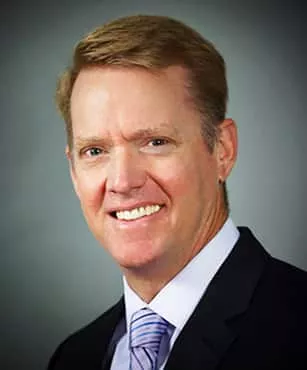
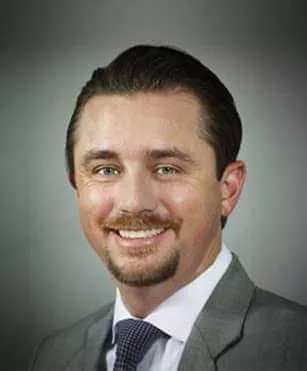

Breakout Group - July 29th 8:30a
Breakout Group - July 29th 8:30a
PSBR attorneys Andrew Owen, Ryan Casey and Erika Contreras have collectively recovered over $150 million for clients involved in motorcycle, bus, and bicycle incidents in the last decade. During this breakout session, they will collaborate with accident reconstruction expert Ed Fatzinger to break down their strategies and methods for evaluating, working up, and trying these non-traditional vehicle cases. This will be an interactive and constructive breakout session where participants get feedback and insight into their own cases as well as the opportunity to practice and improve their skills in presenting a reconstruction expert on direct and cross-exam. Participants will provide materials (i.e., traffic collision report, photographs of the scene) from their own bus, bicycle or motorcycle case in advance and will workshop the case during the conference with the PSBR team and Mr. Fatzinger. They will also prepare a direct and/or cross of the recon expert using the facts of their own cases.
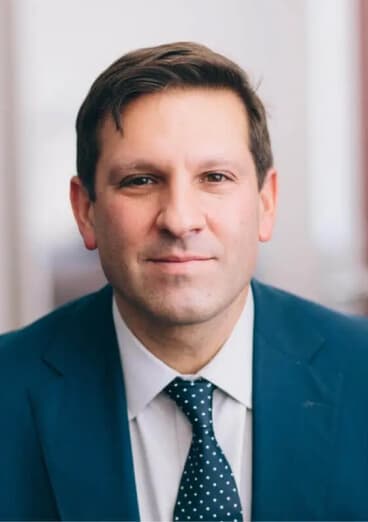

Breakout Group - July 29th 8:30a
Breakout Group - July 29th 8:30a
Seminars about medical malpractice mostly fall into two categories: (1) boring lectures about medicine; or (2) overly simplistic and unrealistic strategies to avoid the medicine. In practice, building a successful medical malpractice case requires both a command of the key medicine and an ability to communicate the medical issues in clear, compelling, and human terms that will connect with a jury. In this session, we will cover all the elements required to build and successfully try a medical malpractice case, including:
We will apply these principles in the context of common categories of medical malpractice, including birth injury, spinal cord injury, infection, surgical error, delay in diagnosing cancer and others.
Before we meet in person, we will hold two Zoom meetings. Each participant will be asked to bring with them a medical malpractice case to workshop during our session. Participants will present the most compelling facts and biggest problems with their case; develop a case frame; and present a mini closing, tying the medicine and case frame together to create a powerful, case-winning argument.
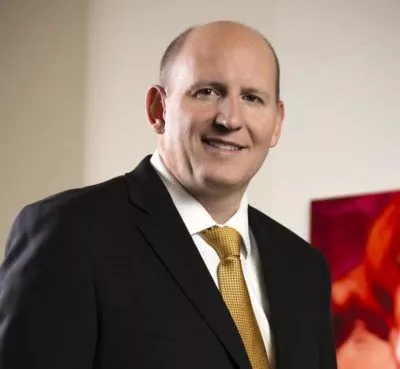
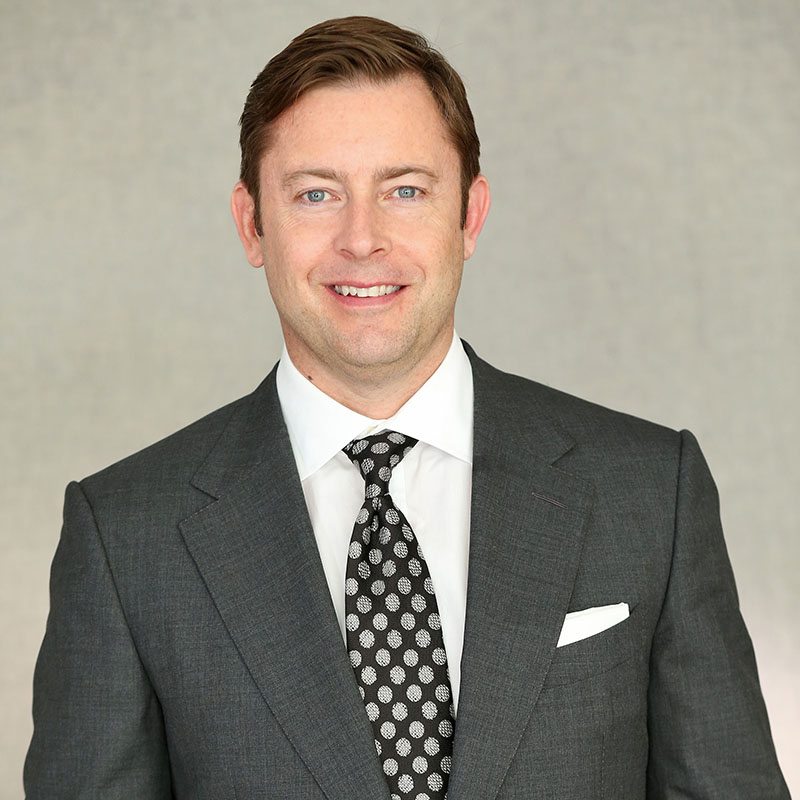

Breakout Group - July 29th 8:30a
Breakout Group - July 29th 8:30a
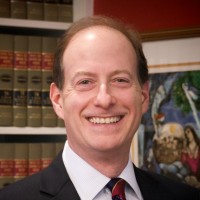

Breakout Group - July 29th 1:30p
Breakout Group - July 29th 1:30p
The purpose of this interactive workshop is to gain confidence and comfort while presenting multi-media to jurors, judges and in mediation.
This hands-on program will focus on practicing presentation skills, gaining confidence, and becoming more persuasive. We will review theory, provide examples, and get you on your feet practicing using different tools available to you in the courtroom.
After studying basic multi-media learning theory, seeing examples and applications, you will get up and present a succinct opening/closing. You will use pre-prepared computer slides, a blow up, write on a note pad and use a document presenter. By practicing using each of these tools in one presentation, you will learn which tools can help you make points more effectively and to become more fluid in your persuasion.
Some ideas we will cover include:
As trial lawyers, we rarely get to see how other plaintiff’s attorneys present in court. This workshop will not only allow you to practice discrete skills but will give you the chance to see how others handle the same tools. By watching others in your workshop present, you will learn additional techniques and insight into what it is like for a juror to see a lawyer present.
The skills to be taught apply to any case. Justin Kahn, a board certified trial and medical malpractice attorney, has taught these skills to lawyers and law students throughout the country from those in their 70’s who have never used PowerPoint to newer attorneys who realize that a slide is not always what is needed to engage. Attend this workshop and get up and present with more confidence, passion and persuasion.
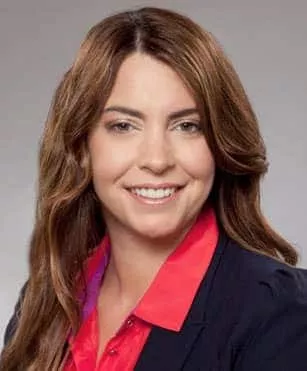
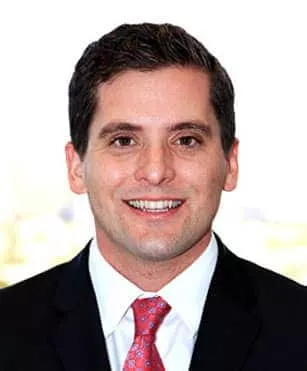


Breakout Group - July 29th 1:30p
Breakout Group - July 29th 1:30p
PSBR attorneys Lyssa Roberts, Matthew Stumpf and Rachel Gezerseh have orchestrated the damages work-up in wrongful death and injury cases over the past 2 years that have amounted in over $550 million in jury verdicts and settlements. These extraordinary results are obtained routinely by PSBR using techniques to elicit powerful storylines and uncover character background and traits in the plaintiff that will resonate with jurors, mediators, and the defense. This breakout session will explore the development of case and trial narratives and themes through witness interviews and will include use of video interviews that illustrate how location, visual aids, and communication techniques draw out critical context for the subject incident and your client’s injuries/losses. The PSBR team will also demonstrate how to make the transition from witness prep to the witness stand using examples from actual trial testimony video. As a participant, you will present the damages portion of a case that is important to you. Lyssa, Matt and Rachel will work with you to solidify case themes and framing to help maximize the impact of your presentation. Whether it is a case going to trial or positioned to settle, we want to help give you tools and concepts to get the best outcome for your client.



Breakout Group - July 29th 1:30p
Breakout Group - July 29th 1:30p
This breakout session will focus on sex abuse law, providing participants with insight into case selection, discovery plans, expert witnesses, mediation and settlement values, and finally with a plan for success at trial. PSBR partner Spencer Lucas will provide an update on nationwide sex abuse cases including the Boy Scouts of America and Clergy litigation. Lucas and attorney Nadine Khedry will provide a framework on how to spot a successful sex abuse case, work it up through pre-litigation and discovery all the way through trial. Whether you are looking to potentially expand your practice into this field or would like to explore ways to strengthen your case, come prepared for a nuts and bolts learning and collaborative strategy session. Finally, Lucas and Khedry will discuss strategies used in obtaining a recent $13 million verdict for a one-time touching case with 100% liability on a gym. The lessons learned from this trial are applicable throughout the entirety of this field in maximizing the value of your sex abuse case.



Breakout Group - July 30th 8:30a
Breakout Group - July 30th 8:30a
As trial attorneys, we cannot help but sneak glances out of the side of our eyes to see if the jury is writing down the numbers presented by defendant’s life care planner. Injecting doubt into the defense presentation and getting the jurors to accept your life care plan can be a game-changer in your verdict – whether your case involves catastrophic physical damage or less severe injuries. In this workshop, PSBR partner Adam Shea and attorney Nick Yoka will teach you how to develop a strong and defensible life care plan for your client. They will also demonstrate techniques for deposing and cross-examining defendant’s life care planner that will undermine his or her credibility so that the jury won’t even consider writing down their numbers at trial. In this session, you will be provided the LCP of several recent PSBR cases and will practice these techniques by conducting a practice direct and cross-examination of a life care planner.



Breakout Group - July 30th 8:30a
Breakout Group - July 30th 8:30a
Participants will delve into the key elements of working up a TBI case with particular emphasis on cutting edge neuroradiology. This session will offer participants the opportunity to provide their own case details in advance so the group can collaborate on ways to maximize the value of each case utilizing the right discovery methods and expert witnesses. The group will analyze the common pitfalls in TBI cases, effective depositions of defense experts, and preparing the plaintiff’s team of experts to frame the issues for success.
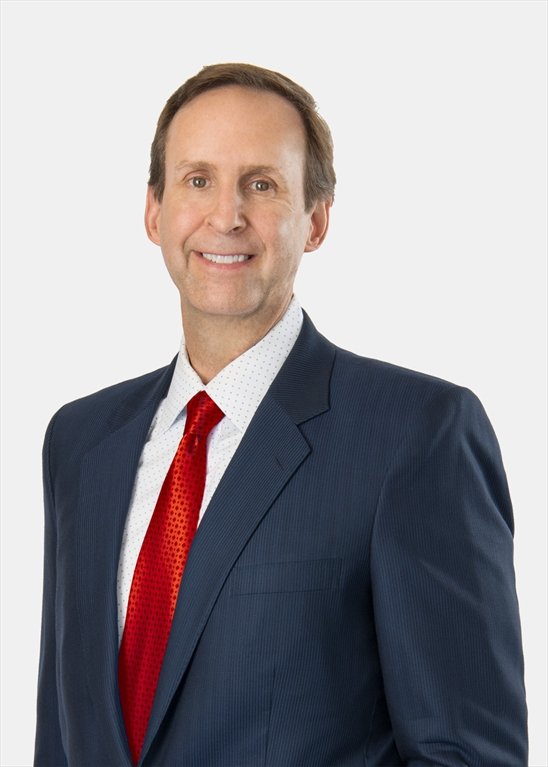

Breakout Group - July 30th 8:30a
Breakout Group - July 30th 8:30a
Almost all jurors will listen to the evidence from the start of trial to the end. In voir dire, they will agree to listen to both sides and they will. But how they filter the evidence may be the difference between winning and losing your case. Randy Sorrels will share 25 ideas for voir dire and opening statement that will start you off ahead and make the defense play catch-up. Randy will show you how to apply these concepts to your case.
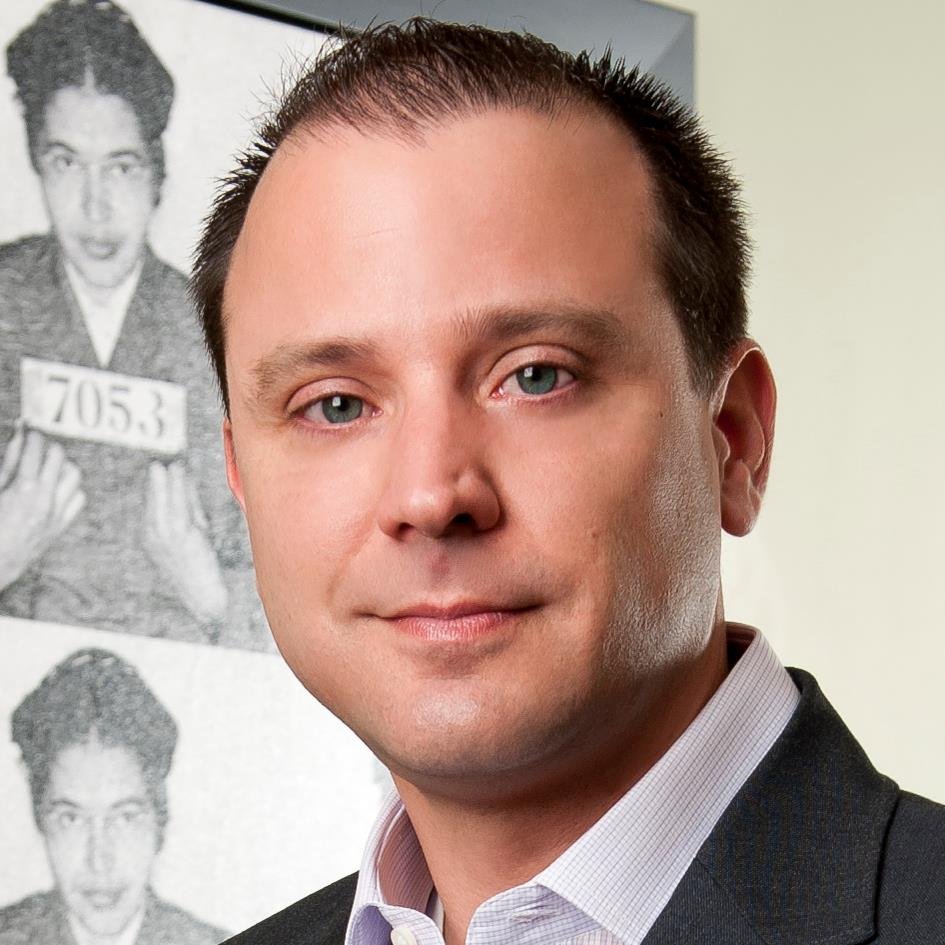
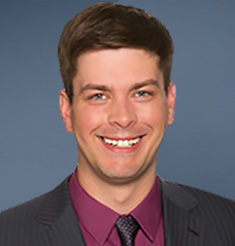

Breakout Group - July 30th 8:30a
Breakout Group - July 30th 8:30a
One fundamental axiom of the psychological and cognitive sciences is that existing beliefs are hard to shake, coloring the way new data is received and interpreted. In the psychological sciences, they refer to the neural networks that house existing beliefs as schemata, while in the cognitive sciences they refer to them as “frames.”
Once formed, frames lead naturally and inexorably to several closely-related psychological phenomena, including but not limited to the following:
As plaintiff’s employment attorneys, we have a unique opportunity to speak and to present our case first. When we seize this opportunity effectively, we can guide our audience to form favorable early beliefs about the case, beliefs that the jurors will carry forward and use the filter and interpret the evidence and arguments they receive throughout the case.
In this learning-by-doing workshop, David deRubertis and Dustin Collier will discuss these important psychological phenomena and how to make them work for you when trying employment cases particularly, though the teachings will translate into other areas as well. After a brief discussion about these concepts, we will begin to put them into practice with a live skills training and individualized feedback.
Attendees are encouraged to submit real case descriptions, deposition summaries, and/or exhibits in advance so that we can work collaboratively to brainstorm, create, and reinforce effective frames for your actual cases.
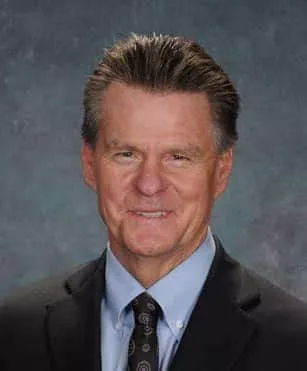
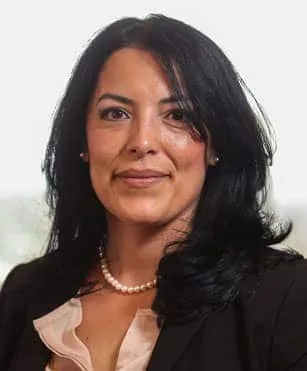

Breakout Group - July 30th 1:30p
Breakout Group - July 30th 1:30p
This breakout session with PSBR attorneys Erika Contreras and Dan Dunbar will focus on understanding spine injuries, the medical records, and treatment. Robert and Erika will discuss causation and pre-existing conditions and how to address these issues in your case. Additionally, they will discuss deposition strategies for treating doctors, defense medical and biomechanical experts. Participants will provide medical records and radiology reports in advance of the session, along with a summary of the liability and causation issues in their case. Each participant’s case will be round tabled with the group, including our onsite spinal surgeon, using anatomical models. We will delve into the specifics of your case, with opportunities to practice direct and cross-examination techniques with the expert.
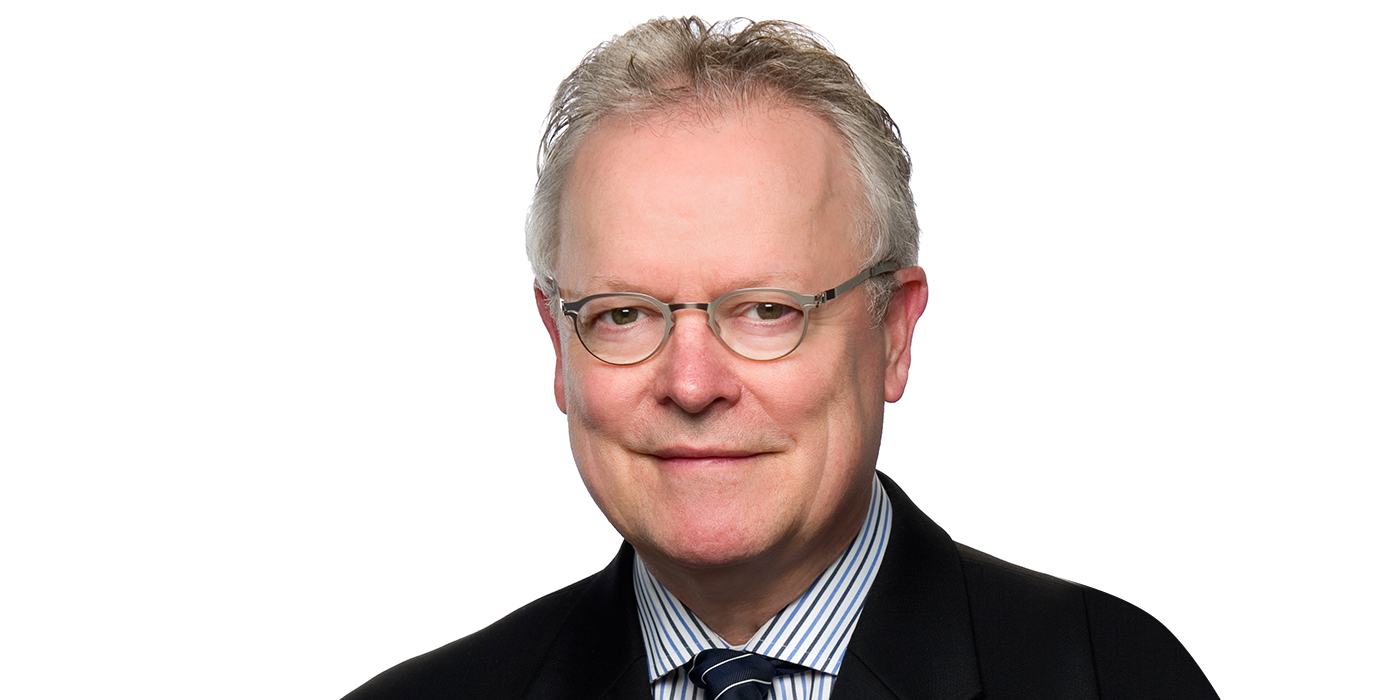

Breakout Group - July 30th 1:30p
Breakout Group - July 30th 1:30p
Join Phillip Miller (author of Advanced Deposition Strategy and Practice) as he discusses his techniques for taking depositions that will change the defendant’s perception of its risk, decrease your dependence on expert testimony, create persuasive visual evidence from within the deposition, and address the 5 most common questions focus group jurors want to know about your case.
Advance Preparation:
Communication with Breakout Instructor:
Breakout goals:
While the strategies developed will be case specific, there will be incredible learning and carry over from watching fellow participants.
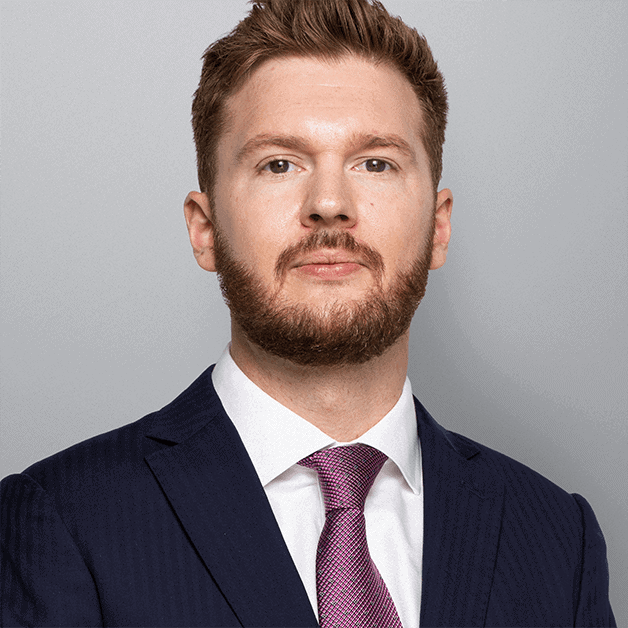
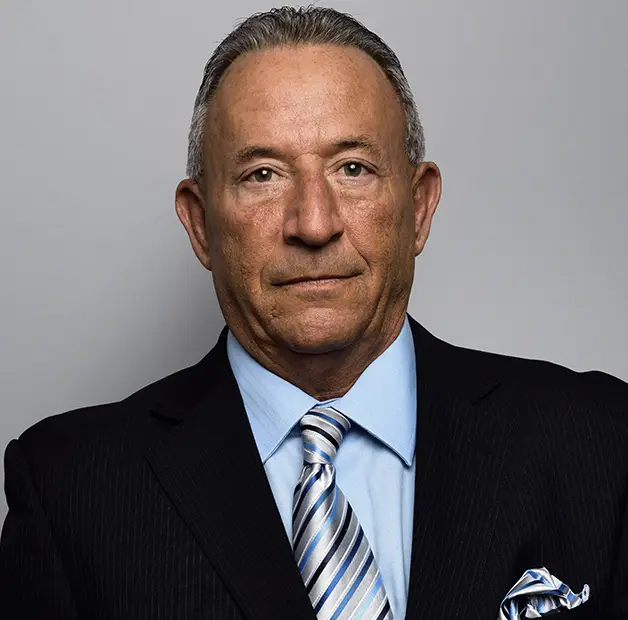

Breakout Group - July 30th 1:30p
Breakout Group - July 30th 1:30p
Cross examination is an essential skill in successfully representing your client. In trial, an effective cross of the defense retained medical experts can cement causation and give the jury a new and different insight into your client’s pain and suffering. In deposition, an effective cross can capture video-taped admissions that you can play for the jury in your case in chief.
This workshop will break down the fundamentals of one technique that is critical in this effort—capturing negative space. Parris Law Firm attorneys Bruce Schechter and Eric Wilson will share how they use negative to avoid common traps in the cross-examination of the defense retained medical expert, and to land key admissions that can change the landscape of a personal injury case.



Breakout Group - July 30th 1:30p
Breakout Group - July 30th 1:30p
As trial lawyers, words matter. Everything we say is picked apart by jurors at every moment. Mini-opening is our first opportunity to speak to the jury. This workshop will focus on the first words you say to a jury, and how to use them to set the stage for voir dire and the rest of your case. Greyson and Jon will walk you through different strategies you can employ, and you’ll have an opportunity to practice a mini-opening for a case you’re working on now.
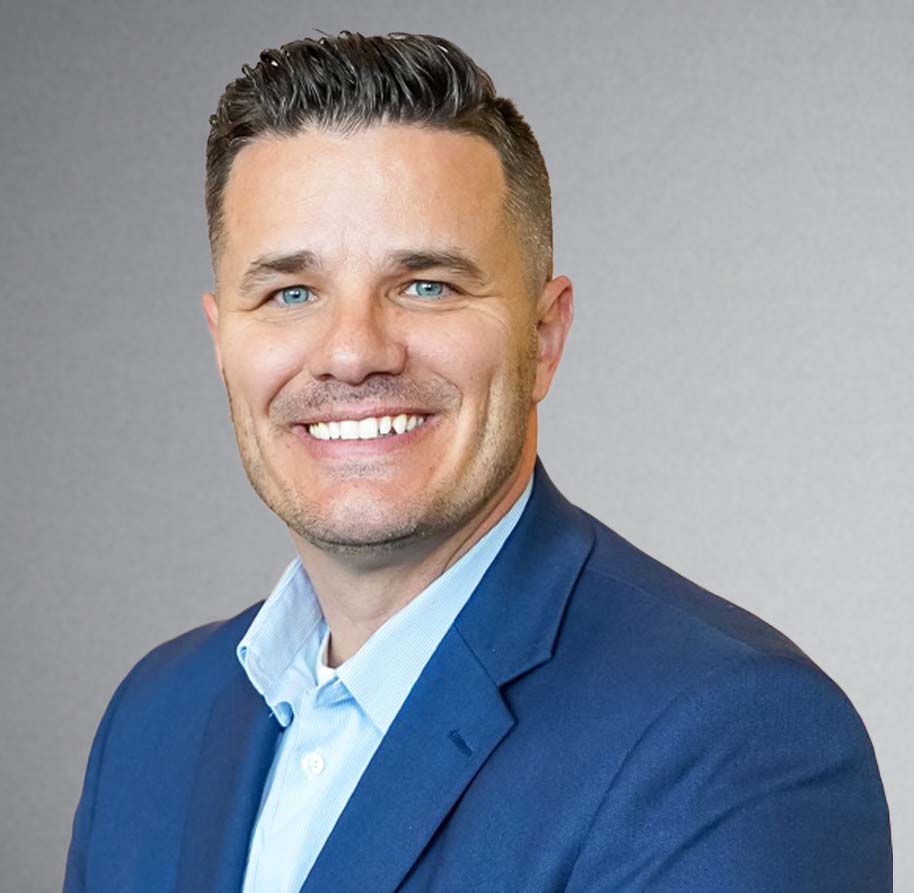
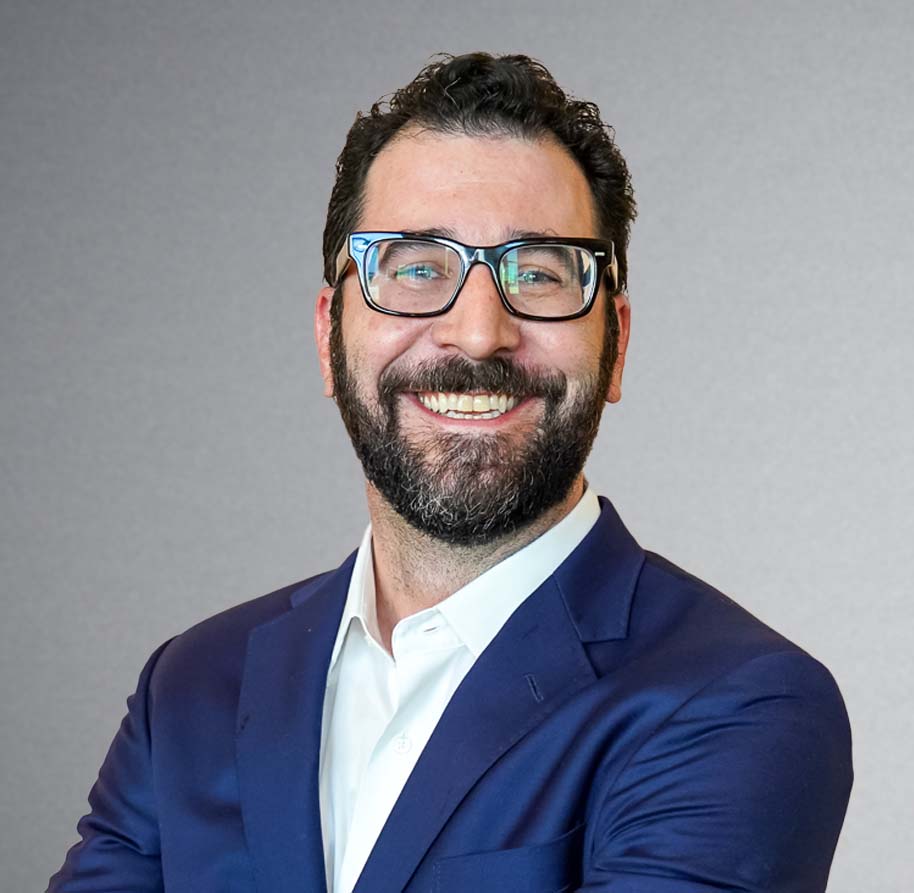

Breakout Group - July 31st 8:30a
Breakout Group - July 31st 8:30a
There are two ways to build a trial binder. The most common practice that we see is attorneys waiting to build their trial binders until they know they are going to trial. The preferred method is to start building your trial binders at intake.
Trial by Human instructors will take you step-by-step through the process of building consistent trial binders from early intake that you and your staff can count on every time. You will learn how to use your case management system to assist you and your team in early effective trial preparation.
Attendees will receive a sample “Red Binder” that the training is based on for future use.
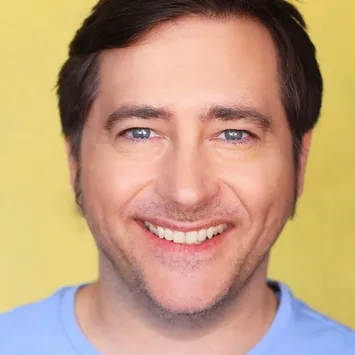
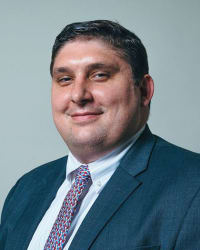


Breakout Group - July 31st 8:30a
Breakout Group - July 31st 8:30a
Joseph Limbaugh, Chance Pardon,and Robert Glassman will show you how to become proficient at adapting to unexpected or unplanned situations by leveraging situational awareness and listening skills. Learn how to develop a greater awareness of non-verbal communication, body language and tone to facilitate a deeper connection and understanding of people. Overcome stage fright and become comfortable and relaxed when speaking in front of groups of people and strangers. Apply comedy to connect with other people, communicate more entertainingly, and defuse situations. Be more effective with Voir Dire, Direct and Cross examination, Opening and Closing arguments.
Each of the following techniques will be applied to actual procedures used when preparing and trying a case for trial in a practical setting:
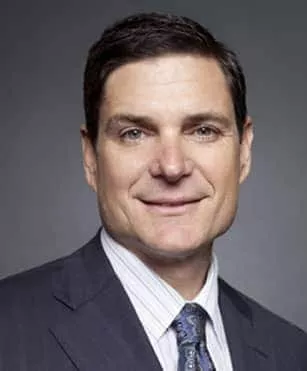
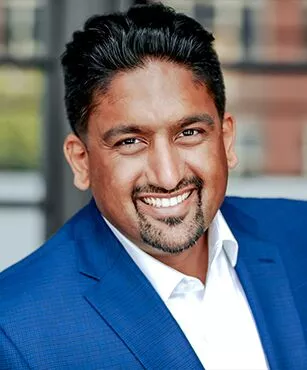

Breakout Group - July 31st 8:30a
Breakout Group - July 31st 8:30a
In this session, Hon. Peter Polos (Ret.) and PSBR attorney Pratik Shah break down the most common mistakes lawyers make when mediating high value cases. Most lawyers will mediate their cases before they try them and realistically, most cases will settle at mediation and never get tried. Although getting a huge verdict is newsworthy and help builds a lawyer’s personal profile, it is often in the best interests of the client to allow them to control the result at mediation. Successful trial lawyers understand how to use mediation to increase the value of the case, lay the foundation for the future of the litigation, and ensure that the client has had a meaningful opportunity to settle their case. Many lawyers mediate without a comprehensive strategy on how this process will affect the rest of the case. As a retired Judge and mediator, Peter has seen lawyers “fumble the ball” at mediation and fail to bring cases home that could have settled. Here, Peter and Pratik will work with participants on how to properly prepare for a mediation, how to game plan the session before it begins, what curveballs to expect and how to handle them, and how to define a “win.” Each participant will submit a case for workshopping in advance, including a brief or memo setting out the the plaintiff’s case and pertinent evidence as well as the anticipated defense position and evidence. During the breakout, each participant will practice the skills taught by Peter and Pratik through role play and roundtable discussion. Participants will gain a deeper understanding of how to execute these skills in practice and will be prepared to position their clients for the best possible recovery at mediation and beyond.


Breakout
Group
Breakout Group
YOU are your best demonstrative. We hear this all the time. This is only true if you learn how to become a hypnotic storyteller. Participants will learn these building blocks of story connection:


Breakout
Group
Breakout Group
When we get the defense to concede our best points, trap their experts and witnesses in lies, and tell our trial story through them, we are on our way to winning BIG. But all of these mean much more when the jury gets ANGRY that they were LIED to and it was not a simple mistake. Participants will learn the following skills: